
Generative AI: A Gateway to Creative Innovation
by contributor Lyan Ware
ChatGPT, DALL-E, and Bard: you’ve either heard of them or used them yourself. These applications that produce text or images based on user-given prompts or dialogue are examples of generative AI applications. Generative AI is a transformative branch of artificial intelligence (AI) that harnesses the power of neural networks and extensive training data to create novel content in various forms, including text, images, and video. This technology holds immense potential across diverse industries, from healthcare to the creative realm and the business sector. In this blog, we will discuss what generative AI does, explore how it can augment human creativity, and outline the steps to embark on a rewarding career in this burgeoning field.

Generative AI operates by training models on large datasets, enabling them to generate new content resembling the input data. This capability to generate unique content has far-reaching implications. In healthcare, generative AI can tailor personalized medical treatments by simulating patient conditions and treatment responses. In the creative industry, it speedily produces innovative output by generating designs and content. Apps like Midjourney generate images from prompts, while AIVA composes music used in ads, video games, etc. In the business world, it automates tasks such as email composition and code development, significantly improving efficiency.

One of the most intriguing aspects of generative AI is its potential to augment human creativity. By aiding employees and customers in generating and identifying novel ideas, it addresses various challenges, including the lack of efficient evaluation methods for ideas, the reluctance of domain experts to accept new concepts, and contributors’ difficulty in providing essential details to make ideas feasible. Generative AI serves as a catalyst for innovation, enhancing the quality and quantity of creative output across industries.

As generative AI continues to advance and reshape industries, there is a growing demand for professionals skilled in this field. Here are steps to consider when building a career in generative AI:
- Establish a Strong AI Foundation: Begin by developing a solid understanding of AI fundamentals, including machine learning and neural networks. This foundational knowledge is crucial for working with generative AI models effectively. Consider taking a course and obtaining a certification such as NVIDIA’s Associate-level certificate for AI in the Data Center.
- Master Generative AI Concepts: Familiarize yourself with the key concepts and techniques used in generative AI. This includes learning how generative models are trained, how they generate new content, and methods to assess the quality of the generated output.
- Acquire Programming Skills: Proficiency in programming is essential for working with generative AI models. Python, with its extensive AI libraries and frameworks, is the preferred language for many in the field.
- Gain Practical Experience: Enhance your skills by actively working on generative AI projects and labs. Practical experience will help you build a portfolio showcasing your expertise in generative AI. You can begin by using open-source libraries and resources like OpenAI to experiment with different algorithms. Be sure to document your activities and findings by publishing them on a blog or creating video content for social media sites.
- Stay Updated: The field of generative AI moves quickly. Stay current by following industry blogs, attending conferences, and engaging with online communities. Networking with peers in the generative AI community can provide valuable insights and opportunities.

A career in generative AI offers a blend of rewards and challenges. As this technology advances, professionals skilled in generative AI will play a pivotal role in shaping its future and driving innovation in numerous sectors. With the right foundation, continuous learning, and hands-on experience, individuals can pave their way into this exciting field, contributing their talents to a future glittering with endless possibilities.
What UiPath Course is Best for You?
 Time to Automate (RPA) Your Career!
Time to Automate (RPA) Your Career!
Learn About Vectra AI to Boost Your Cybersecurity Career




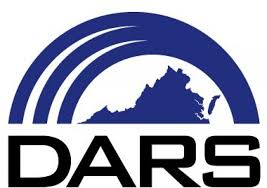









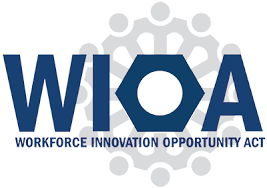













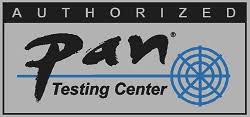

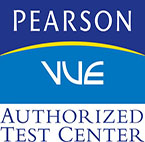
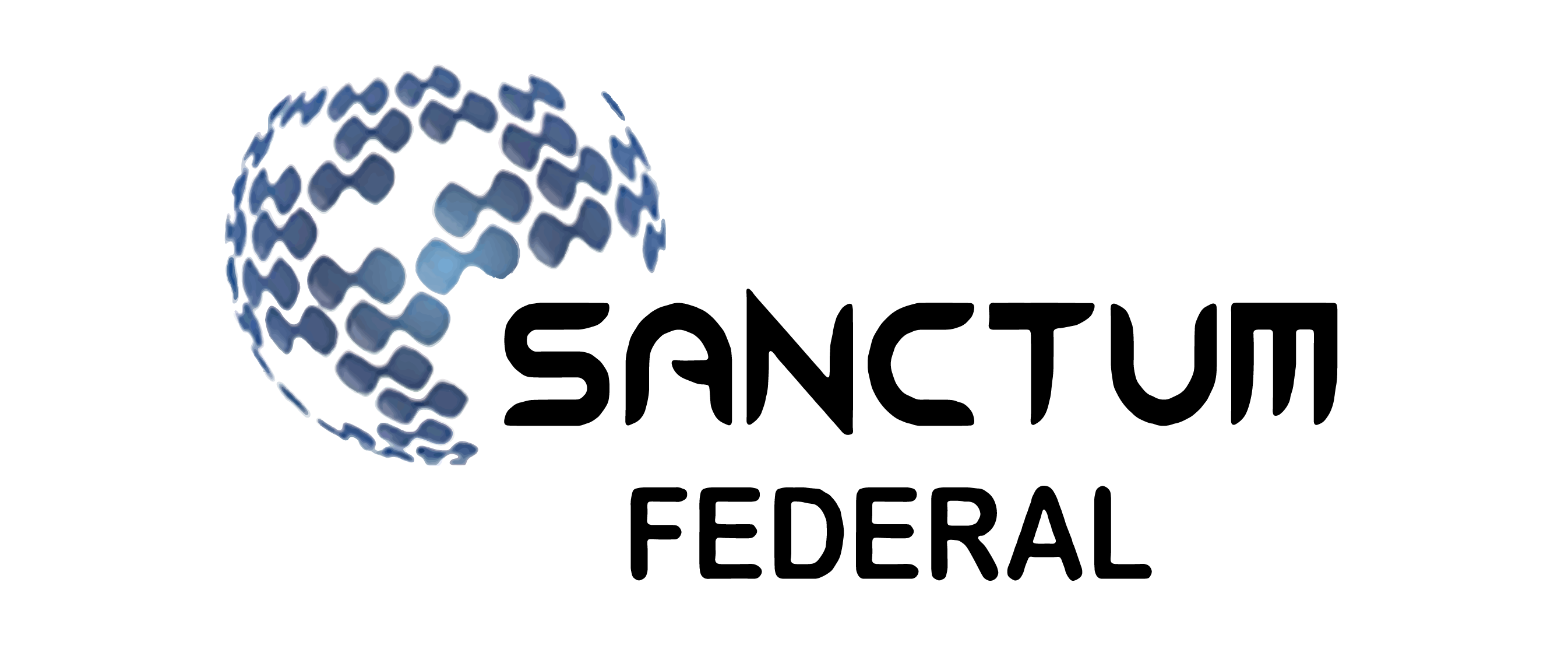

Leave a Reply
You must be logged in to post a comment.